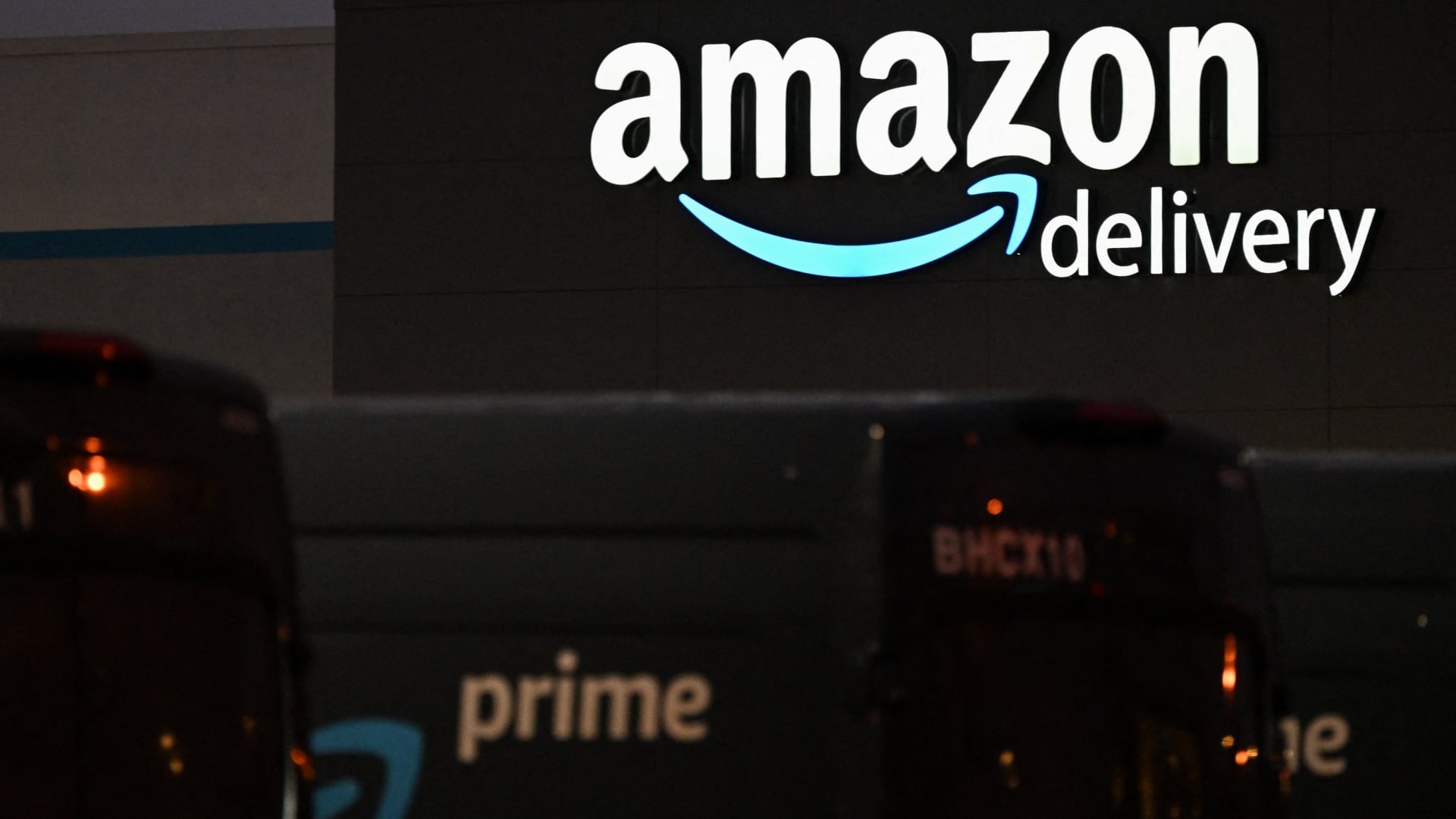The latest cannabis company to go public via a special purpose acquisition company (SPAC) transaction, Clever Leaves Holdings, hopes to leverage unprecedented political tailwinds to establish itself as the industry’s leading global cannabis company, according to Clever Leaves CEO Kyle Detwiler.
“I think with [President-elect Joe] Biden winning the White House, this is the perfect time for us to go public, because I think you’re going to see advances globally in legalizing cannabis, and I think you may even see advances in U.S. policy, which could allow us to bring product into our home country,” he told Cheddar Wednesday.
Clever Leaves Holdings kicked off trading on the Nasdaq on December 18 under the ticker “CLVR” after acquiring Schultze Special Purpose Acquisition Corporation and Clever Leaves International in a transaction valued at about $205 million. The transaction left the newly combined company with about $80 million in cash on its balance sheet, which it plans to use sparingly to augment the growth of the platform.
“Our main focus on that cash is to execute on the business plan that we promised to deliver to investors,” said Detwiler, who boasts a background in investment banking at Blackstone, KKR, and Morgan Stanley. “We’re going to be very, very thrifty, very, very focused, but if we can find interesting ways to augment the growth of our platform, we will strike when the iron gets hot.”
Clever Leaves became the first cannabis company to obtain EU - Good Manufacturing Practice certification in Latin America for its Colombia facility in July, according to Marijuana Business Daily. The certification, which came shortly after Clever Leaves inked a regional supply deal with Canopy Growth’s Latin American subsidiary, is expected to increase Clever Leaves’ capacity to supply international markets at a time when more countries might be eyeing cannabis legalization.
Cannabis had a blockbuster year in the U.S. and abroad. Domestically, voters in five states approved six cannabis legalization initiatives in November’s election. Voters chose Biden, who has pledged to decriminalize cannabis and clear the way for more research, to be the 46th President, and the U.S. House of Representatives passed the Marijuana Opportunity Reinvestment and Expungement (MORE) Act, demonstrating a commitment to cannabis reform.
Globally, the United Nations Commission on Narcotic Drugs in December voted to remove cannabis from the strictest scheduling under the Single Convention for Narcotic Drugs, acknowledging cannabis’ medical utility.
“I think it’s going to give other countries, internationally, the fortitude to go out and realize that they have air cover,” Detwiler said.
“The dominoes are starting to fall, and that’s going to be very good for a company like Clever Leaves because we can be, sort of, the breadbasket to the world of cannabis, and that will create a very interesting market opportunity for us,” he added.
SPAC transactions are an increasingly popular method for cannabis companies to access much-needed cash and the capital markets. Cannabis-focused SPAC initial public offerings raised more than $2.6 billion from the second half of 2019 through the first half of 2020, including some $700 million just in the first half of this year, according to Viridian Capital Advisors. But since U.S.-based, plant-touching cannabis companies can’t actually trade on major U.S. exchanges like Nasdaq or NYSE, the pool of possible acquisition targets is relatively shallow.
“What’s really telling is that some of those cannabis SPACs are repositioning to non-cannabis assets. So, you know, maybe that says something about the challenge of finding enough suitably scaled cannabis assets to partner with a SPAC, or maybe the weather wasn't right this year and 2021 will be a bit better. So, time will tell,” Detwiler said.












